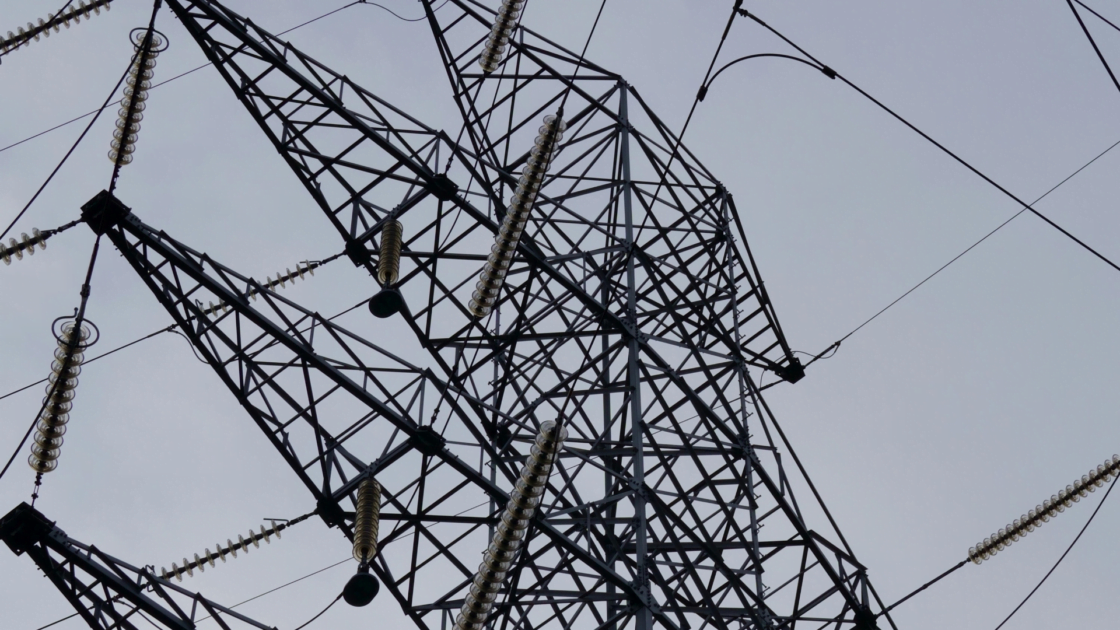Sri Lanka: Kerawalapitiya – Port 2nd Transmission Line Project

Sri Lanka’s Kerawalapitiya – Port 2nd Transmission Line Project is vital for accommodating the increasing electricity demands in the Greater Colombo area, particularly in anticipation of the development of the Colombo Port City. The project is being implemented by the Ceylon Electricity Board (CEB) with financial backing from the Asian Infrastructure Investment Bank (AIIB).
The project involves the construction of a 16 km, 220kV single circuit underground transmission cable system connecting the Kerawalapitiya Switching Station to the Colombo Port Grid Substation. This project, being the second underground cable along this route, is essential for increasing the transmission capacity to meet the projected electricity demands of the rapidly urbanizing Colombo region. The first cable, commissioned in 2019, is no longer sufficient to ensure reliability, especially considering the anticipated growth in demand and the increasing contribution of renewable energy sources from Sri Lanka’s northern regions.
The project has been classified under Environmental and Social Category B by AIIB, indicating that its environmental and social impacts are expected to be localized, temporary, and manageable through effective mitigation measures. The total cost of the Kerawalapitiya – Port 2nd Transmission Line Project is estimated at USD 61.90 million, with AIIB providing USD 52 million and the remaining USD 9.90 million contributed by CEB. The project is scheduled for completion by December 2027, with the loan closing date aligned accordingly. The project has been under preparation since December 2020, with the final appraisal decision made on July 23, 2024. The financing approval is expected in the third quarter of 2024.
The Kerawalapitiya – Port 2nd Transmission Line Project is a pivotal infrastructure development for Sri Lanka, poised to significantly enhance the reliability and capacity of power transmission in the Greater Colombo area. With comprehensive environmental and social safeguards in place, the project is designed to proceed with minimal disruption to communities and the environment, ensuring that Colombo’s power needs are met sustainably and reliably for years to come.
